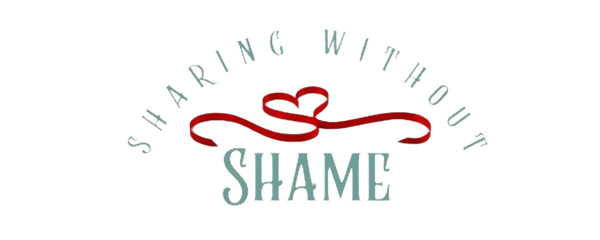
There are many people who feel hopeless and broken especially when dealing with someone who suffers from the disease of addiction and or alcoholism. You might be amazed at the number of Mothers, Fathers, husbands, wives, and children that you know who hide their pain and tears behind a smile.
Breaking the chains of addiction is very difficult for the person who suffers from the disease and for the people who love them. The emotional effects frequently run deeper than most other physical effects for both the substance abuser and their loved ones, because they typically have feelings of anger, hatred, worry, frustration, sadness, confusion, guilt, and shame, and these emotions often leave them feeling broken, empty and hopeless. Their feelings are habitually what they feel about themselves yet they direct and inflict them on the people closest to them.
The family members or loved ones often end up feeling emotional trauma and devastation. When I lived through many years of my son’s addiction I ended up with Posttraumatic Stress Disorder (PTSD) from my depression, worry, tears, and living in fear. Families learn to live in dysfunction, while often trying to cover up their loved one’s addiction/alcoholism in order to reduce feeling the negative attitudes that are directed toward them or their loved one from the stigma that is associated with the disease.
Families can sometimes become broken as a result of loving someone who suffers from the disease. I know people who have lost their homes because they financially supported their child, their addiction along with paying out of pocket for them to go in and out of rehabilitation centers.
Depression is very common for family members who are impacted by addiction while children who have a parent who suffers from this horrific disease may suffer from anxiety as a result of their fear or loneliness, they may act out or withdraw. Everyone in the family takes on a role; there is the chief enabler, the hero, the scapegoat, the lost child, and the mascot.
The Chief Enabler: supports the substance abuser, it is typically unhealthy love because they don’t take care of themselves emotionally.
The Hero: Feels responsible for everything, has difficulty letting go.
The Scapegoat: Acts out/defiant, disrespects authority, has difficulty addressing problems.
The Lost Child: Unattached, isolates, withdrawn, uncomfortable with the attention.
The Mascot: Reactive, lack of boundaries, doesn’t know when to stop, has a little sense of “self” apart from others.
Addiction causes psychological dependence that makes it difficult for even a strong-willed individual to stop using. Socially, the person who abuses drugs or alcohol may become withdrawn and isolated from everyone. When I was at a recent speaking engagement a young lady who was in early recovery stated that she isolated herself from her friends because she didn’t want to share her drugs.
H.O.P.E = Hold On Pain Ends or Help Other People Evolve
